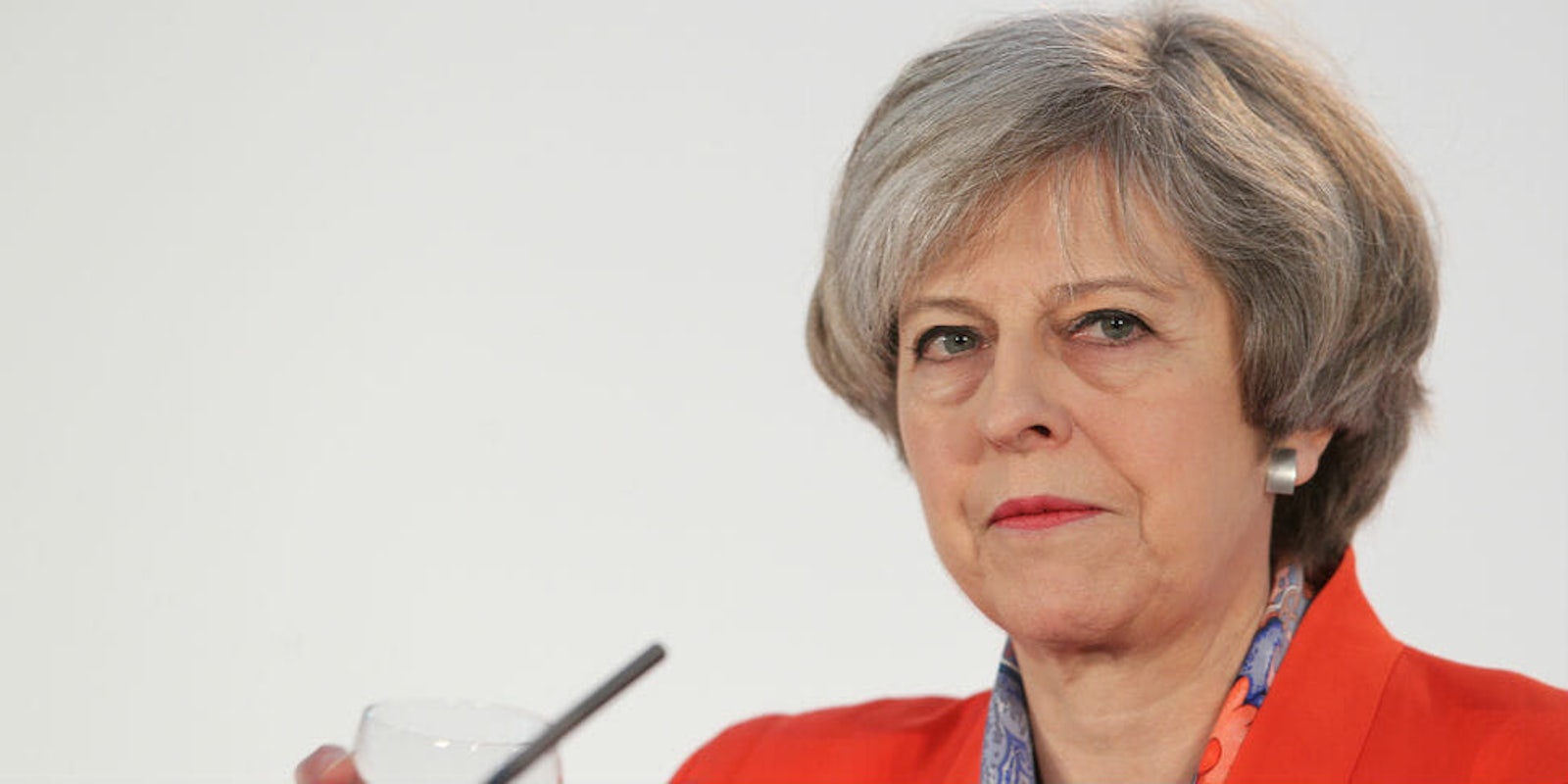Prime Minister Theresa May called for international agreements to “regulate cyberspace” following Saturday’s London terrorist attack that left seven dead and 48 wounded. May plans to work with other democracies to stop “big” internet companies from providing Islamic extremists a “safe place” online.
“Since the emergence of the threat from Islamist-inspired terrorism, our country has made significant progress in disrupting plots and protecting the public. But it is time to say, ‘Enough is enough,’” May said.
https://www.facebook.com/TheresaMayOfficial/posts/1757704577579641
The prime minister said there should be no messages law enforcement “cannot read,” while Home Secretary Amber Rudd says she wants to limit the use of end-to-end encryption and stop young men from being groomed into radicalization online.
UK Home Secr Amber Rudd: Internet firms should “work with us to limit end to end encryption that is being used by terrorists” #Peston
— Joe Lynam (@JoeBLynam) June 4, 2017
“Things need to change,” May said. “We cannot allow this ideology the safe space it needs to breed. Yet that is precisely what the internet—and the big companies that provide internet-based services—provide.”
May’s comments echo earlier statements made in 2015 by former Prime Minister David Cameron following the Charlie Hebdo attack that left 12 dead. Cameron asked for Obama’s support to secure a legal framework to deny terrorists a “safe place,” and demanded U.S. internet companies hand over data to intelligence agencies “to keep us safe.”
The U.K. went on to pass the Snooper’s Bill, a surveillance law that requires internet and phone companies to store everyone’s web-browsing histories for 12 months, and give police, security services, and agencies, access to the data. It also makes it easier for authorities to hack into computers and phones to collecting data in bulk.
Concerns about social media’s role in providing a platform for terrorism resurfaced in March after a terrorist drove his car into pedestrians on the Westminster Bridge. Reports of the police investigation suggested the terrorist used WhatsApp moments before carrying out the attack.
Following the attack, Rudd told the BBC, “We need to make sure that organizations like WhatsApp, and there are plenty of others like that, don’t provide a secret place for terrorists to communicate with each other. But on this situation we need to make sure that our intelligence services have the ability to get into situations like encrypted WhatsApp.”
WhatsApp added full encryption to its chat in April 2016. It said it was not possible for third parties—or itself—to look at user’s conversations.
To bypass encryption, the U.K. is asking companies like Facebook and WhatsApp to create a backdoor that allows security forces to get into messages from suspects. It’s a demand similar to that made by the FBI to Apple following the 2015 San Bernardino attack. The U.S. government branch wanted the smartphone maker to create a backdoor that would eliminate security protections and allow it to investigate select devices. Apple resisted until the FBI withdrew its request after finding a third-party that was allegedly able to unlock an iPhone without help from Apple.
Critics of the U.K.’s backdoor solution accuse politicians of “foolish political grandstanding,” and argue that a backdoor would not only not prevent terrorism, but could make matters worse.
“Regulating the internet is not the answer, and it is shameful that Theresa May is so quick to use the events of a tragedy to fuel her own autocratic agenda,” said Mark Chapman, Pirate Party Candidate for the Vauxhall district in London, according to Business Insider.
https://twitter.com/ThomasShaped/status/871404888386916352
Stanford computer scientist Jonathan Mayer wrote on Boing Boing that adding a backdoor to technology would “introduce unquantifiable security risks.”
Peter Neumann, a professor at King’s College London, spoke out against the prime minister’s “political” speech.
https://twitter.com/PeterRNeumann/status/871327715617628160
“Big social media platforms have cracked down on jihadist accounts, with result that most jihadists are now using end-to-end encrypted messenger platforms e.g. Telegram,” Neumann said on Twitter. “This has not solved problem, just made it different. Moreover, few people radicalized [sic] exclusively online. Blaming social media platforms is politically convenient but intellectually lazy.”
Theresa May is the favorite to win the general election on June 8. If she does, expect a war between privacy advocates, the U.K. government, and tech companies.


